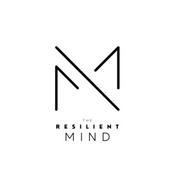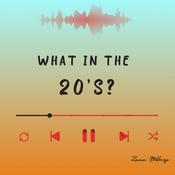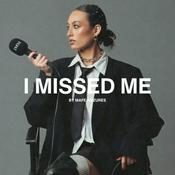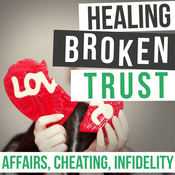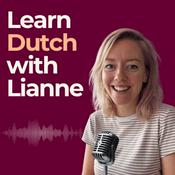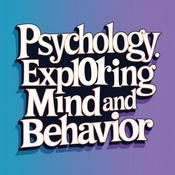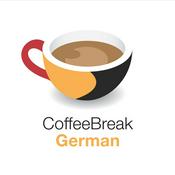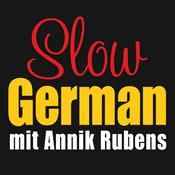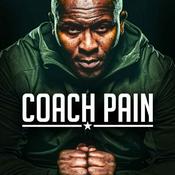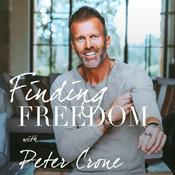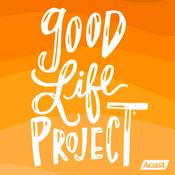160 episodes
- Accidental hypothermia is one of the Hs in ACLS’s reversible H&T cause of cardiac arrest.
Hypothermic patients aren't dead until they are warm and dead.
As the body’s temperature drops below 36° C, hypothermia may be classified as moderate or severe.
Modifying the ACLS Adult Cardiac Arrest algorithm for patients with severe hypothermia.
Following the ACLS algorithm for patients with a body core temperature above 30° C.
Methods for rewarming patients with moderate vs severe hypothermia.
Continuation of CPR and ACLS efforts until the patient’s body core temp is above 36° C.
Good luck with your ACLS class!
Links:
Buy Me a Coffee at https://buymeacoffee.com/paultaylor
Free Prescription Discount Card - Get your free drug discount card to save money on prescription medications for you and your pets: https://nationaldrugcard.com/ndc3506/
Pass ACLS Web Site - Other ACLS-related resources: https://passacls.com
@Pass-ACLS-Podcast on LinkedIn - The use of calcium channel blocker medications for tachycardias refractory to Adenosine and to lower the blood pressure of hypertensive stroke patients.
Calcium is one of the ions that move across the cellular membrane during cardiac contraction and relaxation.
The primary use of calcium channel blockers in ACLS.
Use of calcium channel blockers for SVT refractory to Adenosine and A-Fib or A-Flutter with RVR.
Contraindications of calcium channel blockers.
Nicardipine use during the treatment of ischemic strokes.
For more information on ACLS medications, tachycardia, or stroke check out the pod resource page at passacls.com.
Good luck with your ACLS class!
Links:
Buy Me a Coffee at https://buymeacoffee.com/paultaylor
Free Prescription Discount Card - Get your free drug discount card to save money on prescription medications for you and your pets: https://nationaldrugcard.com/ndc3506/
Pass ACLS Web Site - Other ACLS-related resources: https://passacls.com
@Pass-ACLS-Podcast on LinkedIn - Review the ACLS treatment goals and targeted temperature management (TTM) for post-arrest patients that have return of spontaneous circulation (ROSC).
Post-arrest care and recovery are the final two links in the chain of survival.
Identification of ROSC during CPR.
Initial patient management goals after identifying ROSC.
Indications for starting TTM.
Monitoring the patient’s core temperature.
Good luck with your ACLS class!
Links:
Buy Me a Coffee at https://buymeacoffee.com/paultaylor
Free Prescription Discount Card - Get your free drug discount card to save money on prescription medications for you and your pets: https://nationaldrugcard.com/ndc3506/
Pass ACLS Web Site - Other ACLS-related resources: https://passacls.com
@Pass-ACLS-Podcast on LinkedIn - Review the indications, contraindications, and safe administration of nitroglycerine to Acute Coronary Syndrome (ACS) patients with ischemic chest pain.
Nitroglycerine’s effects.
Assessment of vital signs prior to administering nitro.
Indications for use of nitroglycerine.
Nitroglycerine's contraindications & considerations for use.
Use of nitro with patients taking PDE inhibitors.
Administration of nitroglycerine to patients with ischemic chest pain.
Considerations for patients that took their home nitroglycerine.
Monitoring patient's pain and vital signs after nitro administration.
Good luck with your ACLS class!
Links:
Buy Me a Coffee at https://buymeacoffee.com/paultaylor
Free Prescription Discount Card - Get your free drug discount card to save money on prescription medications for you and your pets: https://nationaldrugcard.com/ndc3506/
Pass ACLS Web Site - Other ACLS-related resources: https://passacls.com
@Pass-ACLS-Podcast on LinkedIn - Identification of Atrial Fibrillation (A-Fib) & Atrial Flutter on the ECG and the treatment of unstable and stable SVT patients with A-Fib/Flutter.
The ECG characteristics of A-Fib and A-Flutter.
Recognition and treatment of unstable patients in A-Fib/Flutter with rapid ventricular response (RVR).
Suggested energy settings for synchronized cardioversion of unstable patients with a narrow complex tachycardia.
Team safety when cardioverting an unstable patient in A-FIB/Flutter.
Adenosine’s role for stable SVT patients with underlying atrial rhythms.
Treatment of stable patients in A-Fib/Flutter with RVR.
For other medical podcasts that cover narrow complex tachycardias, visit the pod resource page at passacls.com.
Good luck with your ACLS class!
Links:
Buy Me a Coffee at https://buymeacoffee.com/paultaylor
Free Prescription Discount Card - Get your free drug discount card to save money on prescription medications for you and your pets: https://nationaldrugcard.com/ndc3506/
Pass ACLS Web Site - Other ACLS-related resources: https://passacls.com
@Pass-ACLS-Podcast on LinkedIn
More Education podcasts
Trending Education podcasts
About Pass ACLS Tip of the Day
I'm Paul from PassACLS.com and I'm here to help you pass ACLS. Like an audio flash card, this podcast is intended to aid any medical professional preparing for an Advanced Cardiovascular Life Support (ACLS) class. Each three-to-nine minute episode covers one of the skills needed to recognize a stroke or cardiac emergency and work as a high performing team to deliver safe, quality patient care.
Listening to a tip a day for a few weeks prior to your ACLS class will help cement the core concepts that have been shown to improve outcomes in patients suffering a heart attack, cardiac arrest, or stroke. In addition to the Chain of Survival, core concepts, and ACLS algorithms; specific information needed to pass the written exam, BLS checks, and megacode following the 2020 guidelines is presented.
Healthcare providers that are already ACLS certified, but rarely participate in codes, may find listening a helpful reminder.
Disclaimer: This podcast is a supplement to your course's approved text book and videos - not a replacement. The information presented is for educational purposes only, is intended for medical professionals, and is not medical advice. Medical professionals should follow their local laws, agency protocols, and act only within their scope of practice.
Podcast websiteListen to Pass ACLS Tip of the Day, The Resilient Mind and many other podcasts from around the world with the radio.net app
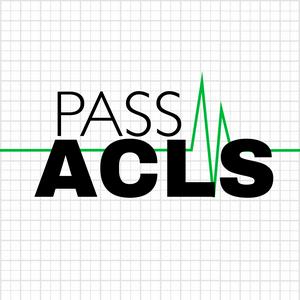
Get the free radio.net app
- Stations and podcasts to bookmark
- Stream via Wi-Fi or Bluetooth
- Supports Carplay & Android Auto
- Many other app features
Get the free radio.net app
- Stations and podcasts to bookmark
- Stream via Wi-Fi or Bluetooth
- Supports Carplay & Android Auto
- Many other app features


Pass ACLS Tip of the Day
Scan code,
download the app,
start listening.
download the app,
start listening.

